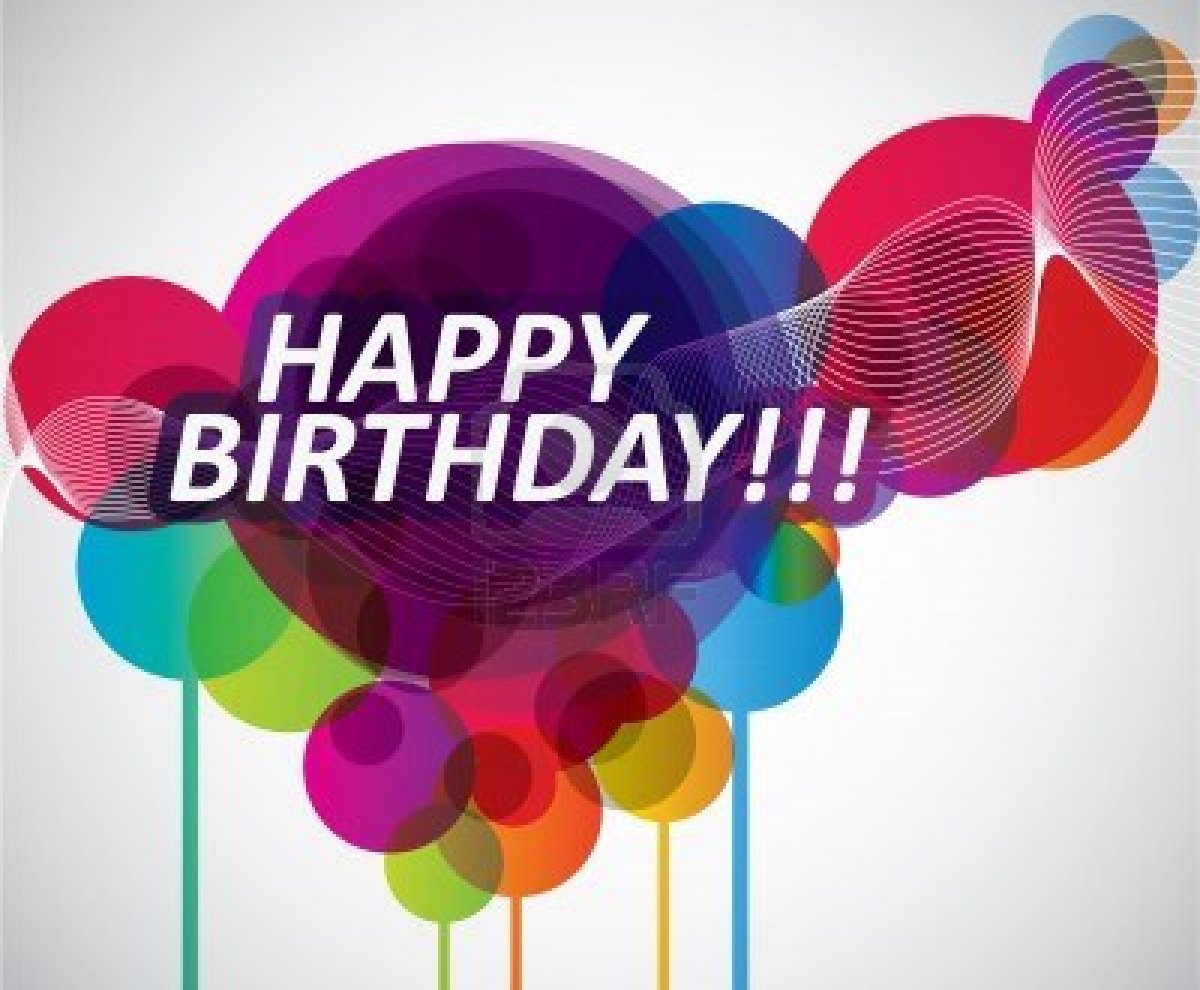A week after the Zimmerman ‘verdict’ and a day after my column about the issue, readers who take exception with my views are firing off e-mail after e-mail. A couple have been supportive, others have been smug and snarky, while others simply declare me to be a race-baiting anti-white (fill in the blank). And then, there was this letter written by a teenager, a white girl who just KNEW she was gonna put me up on game and tell ME what’s what about being a Black woman, what racism actually is and how far astray I was leading my children on race relations.
Girl, BYE. You KNOW I wasn’t having it, right?
Since her original letter was SO long-winded, I am pasting my response to the points she raised and her words are italicized. There is book sense and common sense and, well, let’s just say Baby Girl has more of the former than the latter.
Class in session!!!
Hello Miss Expert (or Anonymous),
thanks for taking the time to read my letter and for also taking the time to write a letter. I will address your points one at a time, you’re clever enough to keep up.
Centuries ago, racism and just generally disliking or being wary of a person or group of people was “the norm”, but since the mid-20th century and all our civil rights movements, racism should, theoretically, be nonexistent. Any form of racism or prejudice in today’s world is not innate. It is a learned behavior. And upon reading your article this morning, I found the answer to my question. The deep seated prejudice in young people is a learned behavior, taught by their parents.
You’re right: racism exists because it’s taught. Not only is it taught, it arises from a legalized, institutionalized, and systemic power structure set into motion long before me, my parents, my grandparents, my great-grandparents and the rest of my ancestors were born.Anyone can be bigoted or prejudiced,but racism requires a societal “infrastructure” backing up the discrimination.
For example, calling a person of color a racially-charged slur is a reminder to them that for centuries entire civilizations regarded them as undeserving of compassion, health, safety, basic human dignity or even their very lives. It’s a reminder that they were bellieved to be less than human. It also lets them know that the person using it likely does as well and can even double as a threat. And just because many documented evils happened in the past, it doesn’t mean that they don’t still occur today. The study of and struggle against privilege and systemic injustice is still history in the making, and it’s more than you can grasp at your parents’ home, in a classroom or with fleeting encounters of other non-whites.
Just as parents who live near the water teach their kids about remaining safe around it to avoid drowning, we non-white parents have to teach our children how to dwell and thrive within the confines of that structure and without the benefits of its parents so they can prepare for the world they will live in. That way, they won’t personalize what they’re experiencing, but will understand its origins and persevere in spite of them.
A parent’s job is to tell their children that the sky’s the limit, because it is. A parent’s job is to tell their children they can do anything they set their mind to, because they can. A parent should let their child know that they are fantastic for every reason, just the way they are. And to think that you have filled your children’s ears with the poison of “the world thinks you’re not good enough” is, to use one of your own phrases, is as “chilling as rain”.
Parents should not impose limits of what can be accomplished on their children. Anyone should be able to walk the streets anytime, I agree with you. But that’s no reason to tell your children that the jury has “basically said to the world that black children, even those without weapons and doing nothing wrong, are criminally minded menaces to society that don’t deserve the benefit of the doubt or the right to defend themselves.”
How you were raised isn’t quite like anyone else is raised, and when you grow older, that is a perspective that someone as intelligent as you will eventually learn to embrace and understand. With that being said, unless you are yourself a mother, you would do well in the future to not to tell anyone, especially someone who’s 3X older than you, how to raise or NOT raise kids, especially when you don’t have the unique experience of being Black. Offering your opinion is one thing, dropping commands as if you’re a seasoned grandparent is something else. It isn’t limiting to tell children how they may be perceived, it is actually freeing because they know in advance that if certain things are said and certain actions take place, it is usually about the other person’s upbringing and insecurities rather than something that they personally did or didn’t do.
But I feel sorry for your children who weren’t allowed to draw their own conclusions. I feel sorry for your children because now they have fences built where there should be none. I feel sorry that you have passed on the prejudice to your children, and lastly, I pity myself. Why? Because I’m almost sixteen, I’m on the cusp of being able to say, “I’m almost an adult”. I pity myself because I am going to enter the working world soon, like your children, like other people’s children. I feel sorry for myself because so many people in my generation are going to be filled with the learned behavior of racism, passed down from their parents.
But I’m smart. I’m educated. I know that people should not be judged by the color of their skin, but by the content of their character. That was taught to me early on. People say that when you’re younger, you learn more. The brain doesn’t fully mature until your mid-20’s, up until that point your brain is growing and changing and maturing and learning. In my case, that’s an advantage. I learned great stuff. I know how to multiply big numbers, I learned how to spell big words. Your children probably got just the same amount of education as me, but they have one disadvantage: the heavy burden of racism has been passed on to them, and might be passed on to their children. I walk lighter than they do.
Please don’t waste any time pitying my children, “Anonymous”: they have all of what they need, some of what they want in life and most importantly, they have parents who have personally seen, felt, and been affected by, the atrocities of racism and will lovingly, patiently guide them through that inevitable part of their lives. Not everyone, obviously, will be patient, kind and open-minded enough to judge people on a person-by-person basis, and that’s what our kids need to be prepare to understand. That’s like you getting in a cage with a lion, petting it on the head and becoming shocked at being bitten, just because you were gentle and kind. That simply isn’t the way real life works, but you’ll understand that point in time.
And until you’ve spent nearly half a century on the planet and attempted to walk in the shoes of someone who isn’t like you—-white—-you shouldn’t presume that you know what racism IS, what is ISN’T and whether or not we imagine it just because it’s a construct that you’ve yet to be affected by. It’s not name-calling, it’s not simply being biased, it’s a mindset and a template that generations have applied and benefited from, hence their reluctance to admit how widespread and pervasive racism is. In fact, your comfort in attempting to lecture a grown woman about something you have NO day-to-day experience dealing with is also a symptom of the arrogance and entitlement that is such large part of racism and white privilege. Sharing one’s observations is one thing, telling someone you’ve never met or spent time with how you disbelieve their particular truth, just because it’s unlike your own, is condescending and wrong.
As one woman, I cannot add to ‘the cycle of racism,’ I can only do my best to thrive within it. I’m including links from professor Tim Wise (a long-acknowledged expert on race relations, racism and the bubble of white privilege) about what white privilege is and why folks are still oblivious to its depth, reach and prevalence. He is very informative and you may learn what you, and even your parents, may have never realized. I’ll end this note with a quote from my friend Matthew, a college historian who also happens to be white: “The best that can be said about someone who refuses to admit that systemic racism exists and is pervasive, is that he/she is an unwitting collaborator with the racist system.”
Again, thank you for your letter, thank you for reading and I know that one day your intellect, when applied with wisdom and perspective, will eventually take you far.
*Drops the mic and exits stage left.*





